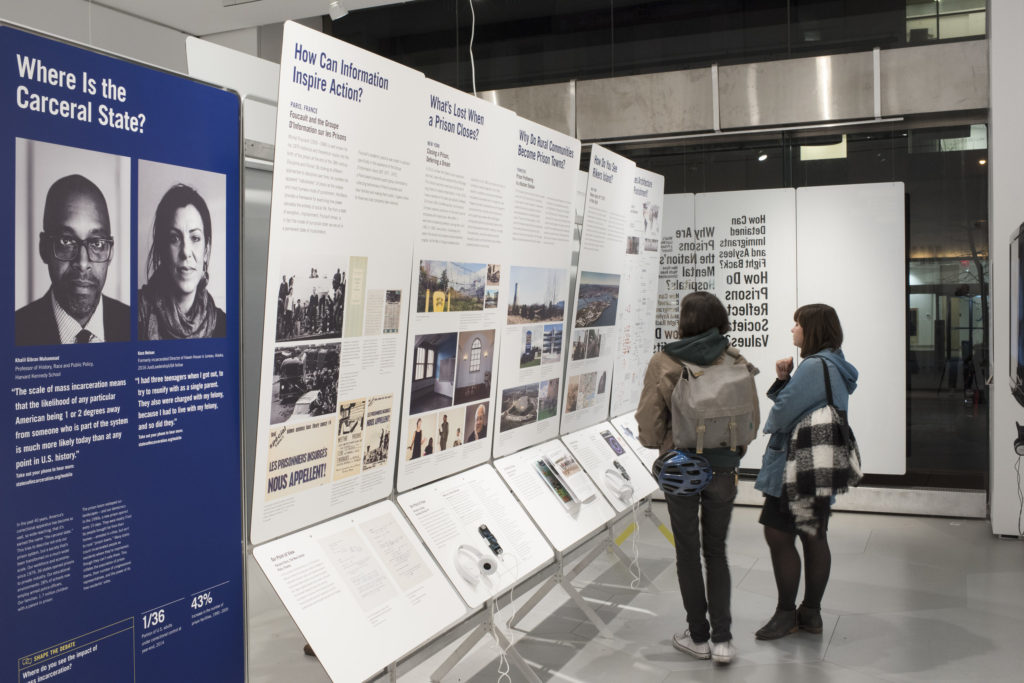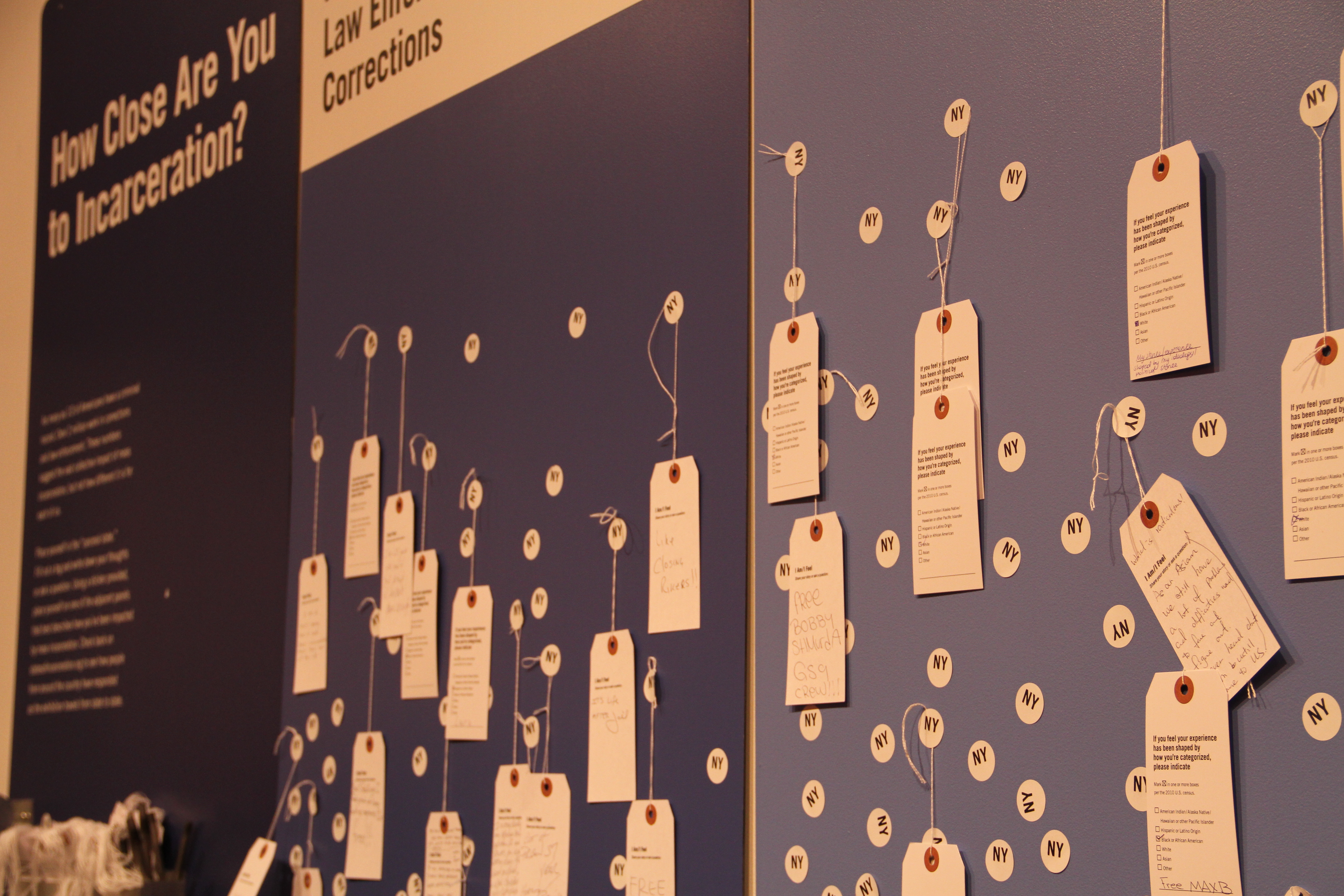Public scholarship is scholarly or creative activity that joins serious intellectual endeavor with a commitment to public practice and public consequence. It entails diverse modes of creating and circulating knowledge for and with publics and communities. Public scholarship is characterized by the dissemination of work that is both rigorous and accessible to audiences beyond the academy, such as through performance, exhibits, media production, lectures, radio and television broadcast, web development, publication in popular venues, and client-based research.
In 2014, the Civic Engagement and Social Engagement Committee of the Schools of Public Engagement, circulated a draft report entitled Evaluating the Public Engaged Work of Faculty: Ideas, Principles, and Practices. The Schools of Public Engagement, one of the Colleges at The New School, embodies the founding principles of The New School–namely the search for creative forms of education to prepare students for democratic citizenship–and as such provides a crucial space within the university for experimentation.

Faculty and students at The New School undertake a wide range of scholarly and creative practices that build new knowledge, solve pressing social problems, produce innovative forms of culture, and generate new understandings of the world.
Faculty, whether at The New School or elsewhere, work across a wide range of disciplines and fields and build new knowledge and understanding of the world through an array of forms. Some faculty contribute primarily in the domain of theory and basic research, while others connect and apply their work to communities, institutions, and multiple publics. Still others blend theory and practice as they develop and refine their work. All of these approaches to the production and dissemination of knowledge enrich our world.

For faculty who choose to make public engagement a core part of their vocation, we need clear processes for crediting and evaluating their efforts. We also need to expand the communities of peer review beyond the traditional academic stable, so that the publicly engaged work undertaken by faculty members can be judged by an appropriate range of experts. And we need to consider a wider range of artifacts as evidence of scholarly and creative productivity. It is critically important to develop shared understandings, especially in the evaluation and reward of faculty. All faculty members who want to make public engagement a key aspect of their academic work should be afforded the means to demonstrate their accomplishments, and to have these valued as much as traditional modes. We need to establish some sense of “what counts” at the program, school, and divisional levels, and how faculty can document their work in public scholarship, civic engagement, and social innovation during the preparation of their dossiers.
For more insight about approaches to documenting and evaluating public scholarship see: Evaluating the Publicly Engaged Work of Faculty: Ideas, Principles, and Practices.

